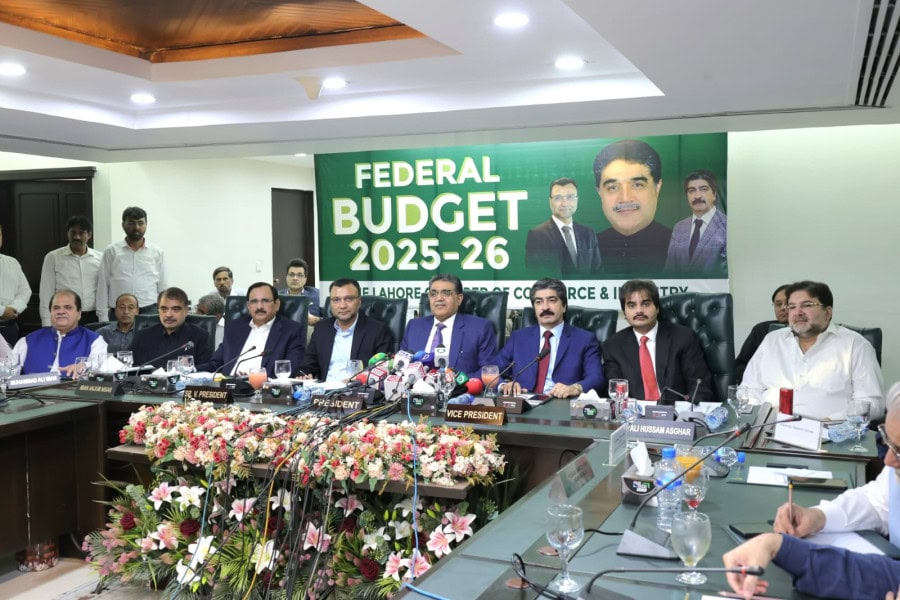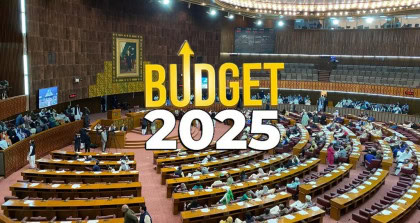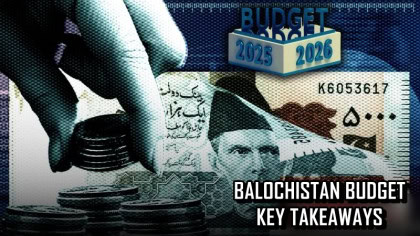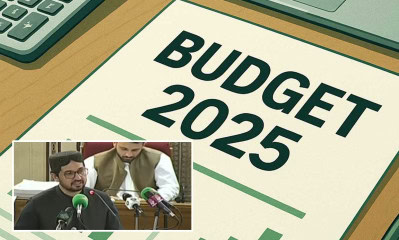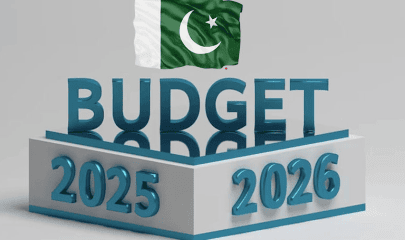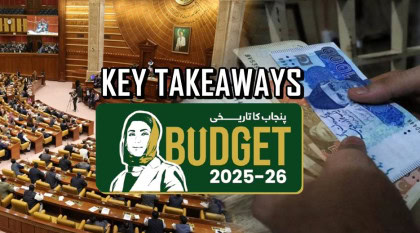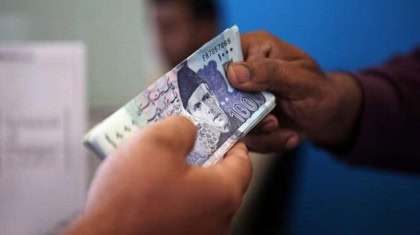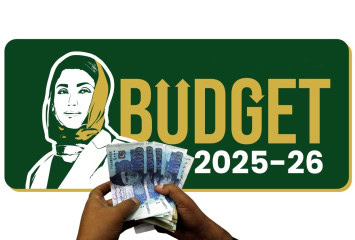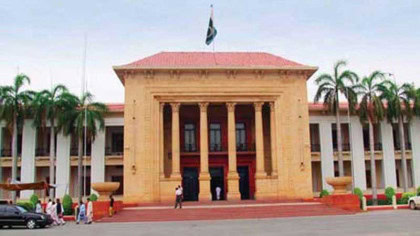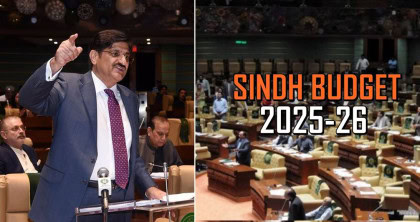LAHORE – The Lahore Chamber of Commerce and Industry has believed that broader relief measures were needed to boost investment, industrial growth, small and medium enterprises (SMEs) and the agricultural sector.
Speaking at a press conference after the budget speech on Tuesday, LCCI President Mian Abuzar Shad welcomed increase in the defense budget, saying it was a necessary step. He also welcomed relief for the construction sector and appreciated the higher allocation for water projects, though he emphasized that even more funds should have been allocated given current challenges.
He said that the LCCI’s long-standing demand for simplified tax returns had been accepted. While the super tax was reduced, the cut was insignificant and should have been more substantial. Shad praised the imposition of taxes on FATA/PATA, a measure the LCCI had long advocated for.
He mentioned that 45 government entities were being merged or abolished but stressed the need to divest all loss-making public sector enterprises. Other positive steps included tax reductions in the real estate sector, lower duties on property transactions, the establishment of Daanish University and measures to curb sales tax evasion. Bringing e-commerce into the tax net was also a good decision.
He said that under-invoicing and Afghan trade have cost Pakistan Rs 25 trillion over the past 15 years, while unchecked petroleum imports were negatively impacting foreign exchange reserves. He expressed disappointment over the lack of measures for SMEs.
Engineer Khalid Usman said that the budget lacked a clear growth strategy. He said the minor tax relief for salaried individuals was insufficient and called for further reductions. Taxing petroleum products, he argued, would discourage the documented economy.
Shahid Nazir Chaudhry stated that policies formulated without stakeholder consultation cannot be beneficial.
Mian Anjum Nisar said the budget should have focused on promoting investment. The allocations for industry, agriculture and water resources were too low and the cost of doing business remains unaddressed. The existing tax base is being overburdened.
Muhammad Ali Mian pointed out that local taxes were not reduced, electricity prices remained unchanged and questioned why the FBR’s discretionary powers were increased amid automation.
Faheem ur Rehman Sahgal emphasized that the budget should have been prepared in consultation with the trader community.

